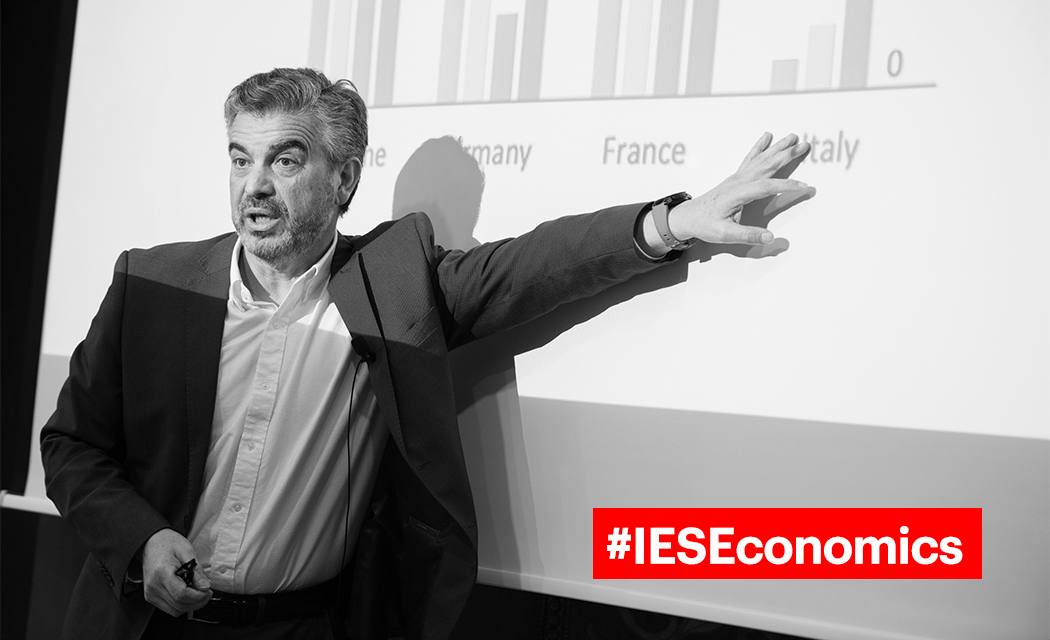
IESE Insight
Political economy, or economic politics?
Income inequality is a hot topic in the U.S. political debates. But has the income of the top 1% actually soared? Taking a closer look at some widely cited statistics is enough to raise some serious doubts.
By Pedro Videla
Every January, members of IESE's Economics Department attend the American Economic Association's (AEA) annual meeting in the U.S. In addition to presenting or discussing academic papers, attendees hope to find future professors from the pool of students about to graduate from the world's best Ph.D. programs.
The future graduates' dissertation topics give you an idea about the issues in vogue in academia. For example, recent years have seen a surge in empirical dissertations, largely motivated by the runaway success of Steven Levitt's Freakonomics.
Dissertations frequently pose simple questions like "Would adding more police reduce crime?" They also try to control the natural experiment by finding a new set of data or instrumental variables that allow them to estimate the impact on crime following an exogenous increase in the police force.
The latest hot topic is income inequality, surely inspired by Thomas Piketty's surprise bestseller Capital in the Twenty-First Century. Piketty's book highlights how income inequality has ballooned over the last 40 years, as the income of the top 1% has skyrocketed while that of middle-earners has stagnated.


